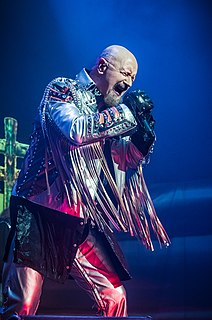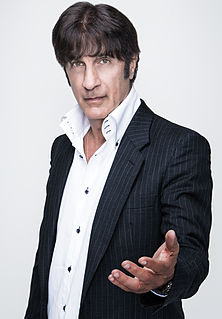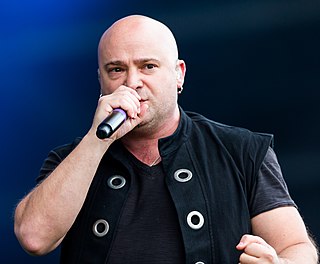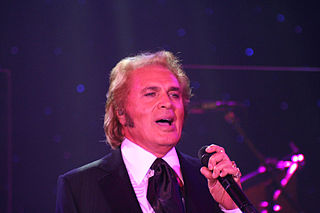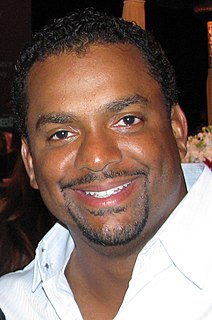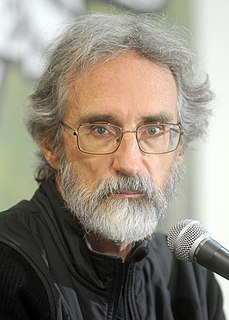A Quote by Micky Dolenz
And singing is a physical thing - your vocal cords are these muscles.
Related Quotes
Singing is a kind of sport and a singer a kind of athlete and following this model becoming "vocally fit" - building vocal muscles - should be the point of any form of voice teaching. Other approaches don't work directly on building vocal muscles but instead focus on so-called diaphragm support and breathing, mask singing, breath control, throat relaxation - all of which are useless at best and harmful at worst.
I've been diagnosed with what's called vocal tension dysphonia. The muscles around my vocal chords kind of constrict my vocal chords from doing what they should do. It's kinda like being a body builder and you have muscles that are so large that they don't allow you to have flexibility, if that makes sense.
It [my vocal] didn't sound like what I wanted to hear; the vibrato isn't what I liked anymore. So I got myself to an ear, nose and throat guy who does a lot of work with singers, and I was hoping there was a big wart on my vocal cords or something and they could scrape it off and I could have the voice I wanted. But he said, "No, for 71, that's your voice."

